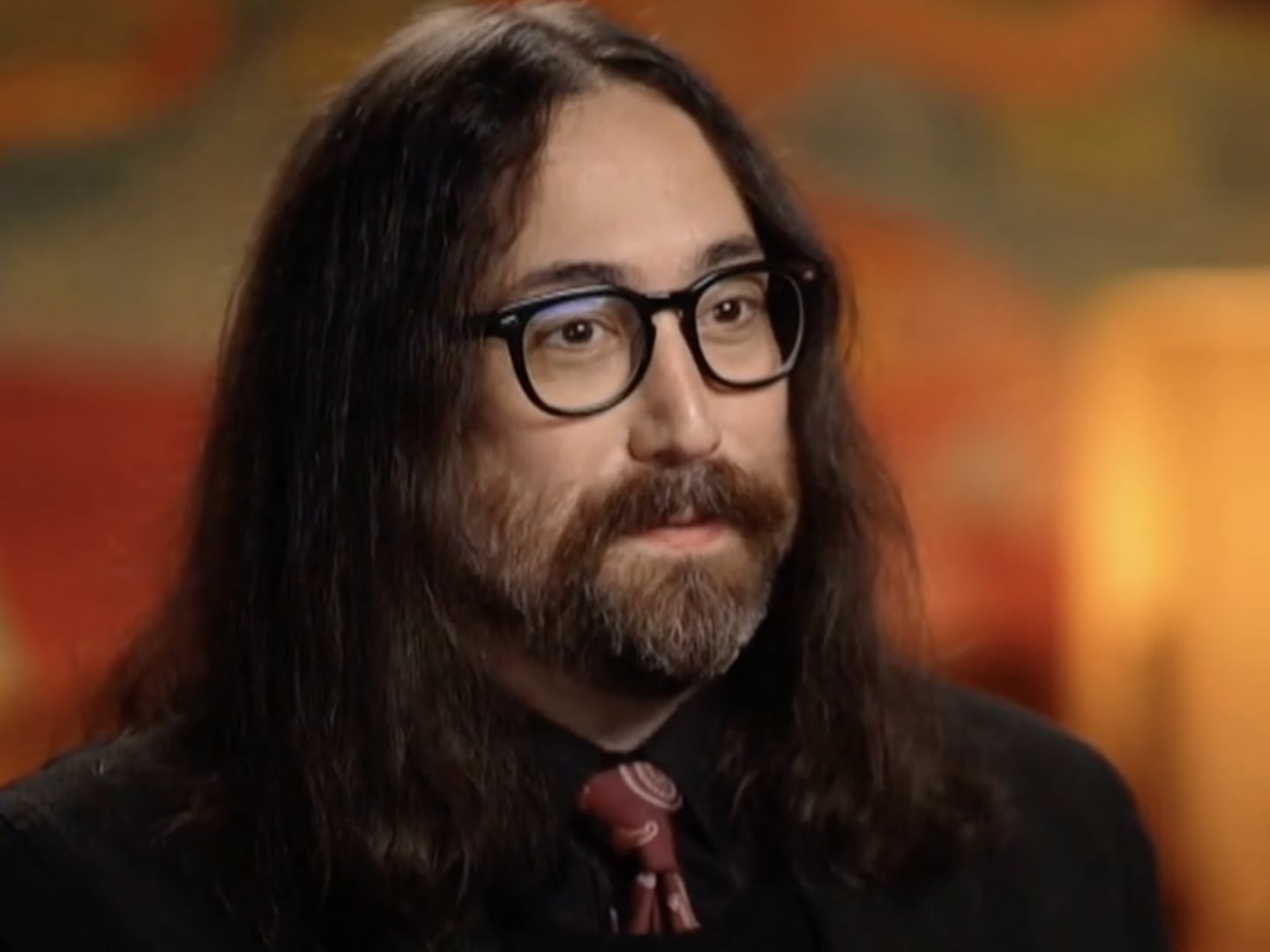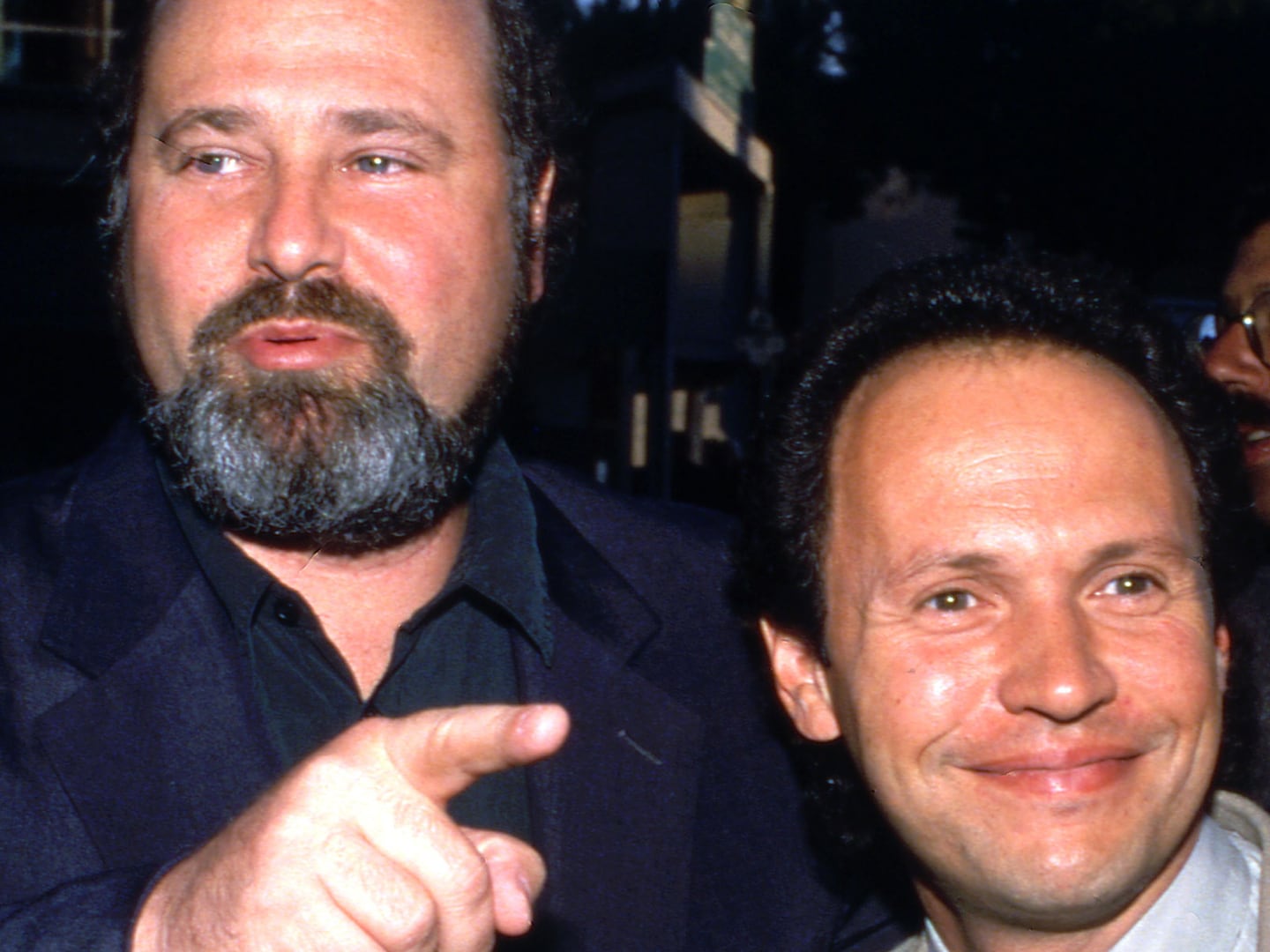When 21 Jump Street actor Dave Franco revealed that he and his wife, actress Alison Brie, had co-written an “elevated” romantic comedy in 2020, the Internet—or at least the side that really gives a damn about rom-coms—was set ablaze with criticisms. What does an “elevated” rom-com mean? Why work in a genre that you seemingly dislike enough to distinguish your film as “elevated?” How many rom-coms has Franco seen?
Here’s the full quote: “We want to approach that film in a similar way that we did in this film, in the sense that we want to make a smarter, more elevated version of a romantic comedy,” Franco told Discussing Film. “We were inspired by classics like When Harry Met Sally, Sleepless In Seattle and Pretty Woman, which are all films that are grounded, where the acting is really strong. And they are all shot like dramas, so they look good. We were just wondering why people don’t really approach the genre from that smarter point of view these days. And so that’s what we tried to accomplish with this script.”
I won’t waste your time re-examining this quote or explaining why such a broad generalization about a wide scope of movies is hazardous. Instead, I’ll inform you that Franco and Brie’s new rom-com venture, Somebody I Used To Know, is not much better than whatever lackluster rom-coms Franco was referring to—if they’re truly lackluster, anyways. Ironically enough, one of the film’s main problems is that it’s too concerned with seeming smart and above its peers, despite the interesting themes it delves into.
The Prime Video film, out this Friday, doesn’t feel like a throwback to the dynamic two-handers led by Julia Roberts, Meg Ryan and Tom Hanks in the ’90s. Nor does it contain the anxious charm of indie comedies by Joe Swanberg or Andrew Bujalski—although, it tries. Rather, it resembles a lot of glossy, “prestige” rom-coms that have been churned out by streamers over the past five years, spearheaded by Netflix in 2018. Many of these films, largely because they boasted diverse casts, were exciting during their initial release, but, over time, have proven to have little replay value. (They also all look the same!)

Much of Somebody I Used To Know’s plot is cribbed from PJ Hogan’s My Best Friend’s Wedding—minus the fun assholery of Roberts’ chaotic Jules Potter. Alison Brie plays a television producer named Ally who has a similarly stern disposition as Broadcast News’ Jane Craig. However, instead of producing hard-news segments, she works on a rather silly competition show called “Dessert Island,” an obvious poke at Netflix’s increasingly ridiculous universe of reality programs. Her job is less than noble, as we watch her emotionally manipulate a contestant in an interview for a juicy soundbite.
Immediately after, she’s informed that “Dessert Island” has been canceled by its streaming network, leaving her devastated as the show was her precious brainchild. With her vomiting cat in tow, she flies from Los Angeles back to her hometown in Washington to live with her parents and sort out her life. It’s a little confusing why a high-level industry professional would feel the need to start from square one after losing one gig instead of immediately looking for another job, but I digress.
Back in the picturesque Leavenworth, she runs into her ex-boyfriend Sean, played by Insecure’s Jay Ellis, at a bar where they recconnect and have a spontaneous boozy night out. Ally, seemingly out of boredom and wanting an anchor in her life, becomes smitten and decides to pursue him again. Unbeknownst to her, though, Sean is engaged to another woman, a younger, free-spirited musician named Cassidy (Keirsey Clemons).
When Ally shows up at Sean’s house after their night out, she unintentionally gets roped into his pre-wedding gatherings. Eventually, she uses these opportunities to get closer to Sean, divulging her Machevillian plan to her high-school friend Benny (Danny Pudi), who cautions her otherwise. As the film goes on, Ally ends up having more intimate encounters with Cassidy, whose ambitions as a fledgling artist mirror Ally’s television dreams. When tensions arise between Sean and Cassidy over her musical aspirations, Ally discovers that the two of them—specifically, their experiences with Sean—are not so different after all.
The frustrating thing about Somebody I Used To Know is that it is a genuinely well-intentioned film and has some rich ideas going for it.
But while the movie’s attempts to subvert heteronormative tropes are somewhat commendable, I would have enjoyed myself a lot more if this movie was any fun. Or if the film’s’ barely-there romantic elements made me slightly excited. There’s hardly a flicker of passion amongst these characters, no sensuality, no intensity. What is a rom-com without these qualities?

It’s easier to imagine this film being slightly better with a change in casting. There’s not a world in which I believed that Brie and Ellis ever dated, let alone spoke to one another, watching them converse. Despite their characters having years of history together, their interactions in this movie feel strained and a bit alien.
As a quasi-romantic lead, Ellis is only really capable of flashing his gorgeous smile. Otherwise, he struggles to exude any real charisma or believable douchey-ness later on. (To be fair, Brie and Franco don’t give Sean many personality traits aside from being good-looking). And Brie, who often plays characters who are high-strung, is too controlled as an actor to depict someone supposedly spiraling out of control.
One of the film’s redeeming elements is Pudi’s performance as a comic voice of reason. It’s maybe not a shock that Brie has more fun with him than anyone else in the movie, given that they previously worked on Community together. Jane Haggerty also shows up for a few scenes as Ally’s mom to do her quirky Jane Haggerty thing.

On a technical level, Franco is a competent director but struggles to build up emotion in scenes. Based on his first directorial feature The Rental, co-written with Swanberg, his style is obviously inspired by mumblecore. Unfortunately, Brie and Franco’s script is too mechanical and the performances too constrained to achieve the naturalistic cinema this film tries to mimic.
This is not a knock against the film being more of a dramedy than a laugh-out-loud comedy. (I’m a Noah Baumbauch connoisseur.) Likewise, I immediately understood the subtle, balanced tone Franco and Brie were trying to achieve. Nonetheless, Somebody I Used To Know takes itself a little too seriously and is ultimately worn down by its own austerity.
Keep obsessing! Sign up for the Daily Beast’s Obsessed newsletter and follow us on Facebook, Twitter, Instagram and TikTok.





